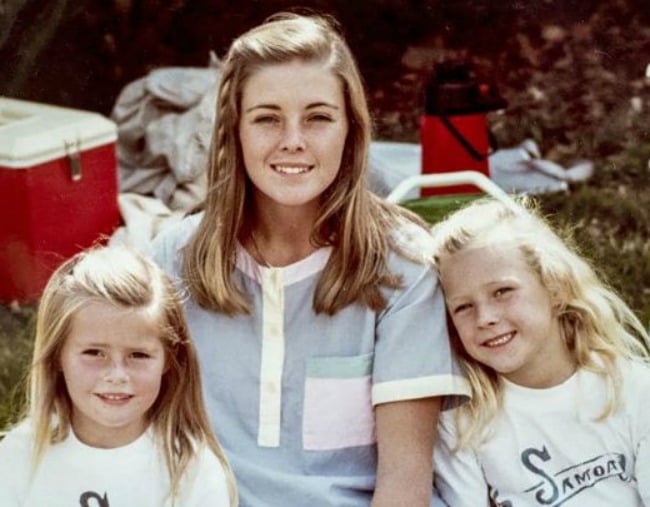
True-crime has exploded in the last decade, with millions of us devouring every podcast, documentary, and ‘tell-all’ book. Seemingly innocuous legal cases now command world-wide attention. Australia, too, is obsessed with digging up our own dark pasts and unsolved cases. When writing my debut thriller Greenlight, in which a true-crime TV producer springs a convicted killer from jail and kicks off a new string of murders, I became fascinated in just what true-crime is, and why we’re so obsessed with it.
On the surface, the answer to our obsession is easy. True crime is the addictive solution to our natural human curiosity. Each episode of a podcast or miniseries ending on a cliff-hanger simply demands that we must revisit for the next answer. But that’s standard thriller fare, and would be prominent in fiction or true-crime, but it’s more powerful here because of the latter’s interaction with the real world. These episodes are often happening in real time.
In Serial and Making A Murderer the accused are both convicted and behind bars. So as each program sheds light on new elements of the cases, we are gripped as we become part of the story. Our natural curiosity is present in fiction – where authors manipulate suspense to make us read towards the answer – but in the real world, when there is no answer, this ticks our suspense into overdrive. Communities of armchair-detectives rally, obsessives become fanatics, and suddenly we’re all pulled into the world of the story in which even the creators don’t necessarily know the answer. Advances in technology allow a microscopic examination of every facet of evidence. We’re all a part of it. And that’s what makes it so addictive.
Top Comments
Good article.
It's import to remember at although these are true crime they are still seen through the eyes of the producers.
Digging a little into Making a Murderer and you can find all the damning evidence they left out. Not enough to say for sure he's guilty, but it looks worse for him.
Serial season 1 is still my favourite. I can't make up my mind on his guilt.